Are you a novice willing to learn Java or a seasoned programmer wishing to hone your skills and looking for the best resources? You must not miss out on the books. This article lists the classic Java books one must read to learn and champion the language.
Java is a well-known programming language developed in the year 1995 by James Gosling at Sun Microsystems. It has made a remarkable place in the programming world, and today, it is ranked as one of the top programming languages . It is majorly utilized for developing back-end, web and Android applications, machine learning projects , and big data applications.
The platform-independent feature enables us to write the code once for any platform and run it on other platforms having Java Runtime Environment (JRE) installed. Therefore, ‘Write Once, Run Anywhere’ is the primary objective of Java.
Another reason for the widespread popularity of the language is that it is an object-oriented programming language, which means developers can create clean code with a neat structure. In fact, all the significant features of Java contribute to its popularity.
Hence, learning Java opens up a lot of career opportunities. There are multiple resources to learn the language. However, books cannot replace anything.
In this article, we will discuss the 10 most popular Java books that can help you learn the language fundamentals and hone your language skills.
10 Best Java Books for All Skill Levels - From Novice to Ninja
Let us now explore some of the best options available for Java books for beginners and seasoned programmers.
1. Effective Java (3rd Edition)
Highlights
- Author: Joshua Bloch
- Publisher: Addison Wesley
- Paperback Print Length: 416 pages
Let's start our list of the best Java books with Effective Java, an ideal book for beginners and intermediate-level developers willing to learn the language. The author explains new design patterns and language idioms, including Lambda, streams, generics and collections, and Java 9 features.
The book provides in-depth insights into different concepts of Java, Java platform subtleties, and new code examples. It also covers updated techniques and best practices on objects, classes, methods, and serialization. You can find techniques to avoid pitfalls of the language’s commonly misunderstood subtleties.
Furthermore, the book focuses on explaining fundamental Java libraries, such as java.lang, java.util, java.util.concurrent, and java.io.
You can buy this book from here .
2. Java - The Complete Reference (12th Edition)
Highlights
- Author: Herbert Schildt
- Publisher: McGraw-Hill Education
- Paperback Print Length: 1,248 pages
As the name suggests, this book is a comprehensive guide to beginners covering the entire Java language, including syntax, keywords, and the principles of programming. The 12th edition of the book is fully updated for Java SE 17. It throws light on some important portions of the Java API library, including the I/O, Collections Framework, concurrency utilities, and stream library.
Furthermore, the author has focused on explaining Swing, servlets, and JavaBeans with demonstrated examples. He discusses the recent additions to the language, such as records, sealed classes, and switch expressions.
The best feature of this book is the author has explained all concepts in a crisp, uncompromising, and clear style, making it a choice among millions of individuals worldwide.
You can buy this book from here .
3. Java Concurrency in Practice (1st Edition)
Highlights
- Author: Tim Peierls, Doug Lea, Brain Goetz, David Holmes, Joshua Bloch, and Joseph Bowbeer
- Publisher: Pearson Education India
- Paperback Print Length: 403 pages
Java Concurrency in Practice is one of the must-have Java books to develop an in-depth understanding of concepts like concurrency and multithreading. However, some concepts in this book may be challenging for beginners to understand quickly.
This Java book not only allows you to understand all theoretical concepts of concurrency and multithreading but also assists in developing scalable, maintainable, and reliable concurrent applications. You will learn patterns, mental models, and design rules to develop concurrent Java programs effortlessly and efficiently.
The authors have also described various approaches to developing thread-safe classes, do’s and don'ts for performance optimization, and how to test concurrent programs. The book also covers high-level concepts, like Java Memory Model, nonblocking algorithms, and atomic variables.
You can buy this book from here .
4. Head First Object-Oriented Analysis & Design (1st Edition)
Highlights
- Author: David West, David Mclaughlin, and Gary Pollice
- Publisher: Shroff/O’Reilly
- Paperback Print Length: 648 pages
No list of best Java books is complete without Head First Object-Oriented Analysis & Design. This book will help you learn how to analyze, design, and develop robust object-oriented software that is reusable, maintainable, and flexible.
The authors will help you understand how to utilize object-oriented principles, such as delegation and encapsulation, to build flexible Java applications. Additionally, you will get acquainted with various design patterns that can help you develop better Java software.
Through this Java book, you can also learn how to leverage UML, use cases, and diagrams to ensure that the software under development successfully meets the requirements of stakeholders.
After finishing this book, you will develop a sound understanding of the Open-closed Principle (OCP) and Single Responsibility Principle (SRP). You will get an idea of leveraging design patterns to solve your problems.
The book is penned in a way that it compresses the time required to learn and retain complex information.
You can buy this book from here .
5. Head First Design Patterns (2nd Edition)
Highlights
- Author: Elisabeth Robson and Eric Freeman
- Publisher: Shroff/O’Reilly
- Paperback Print Length: 672 pages
Head First Design Patterns is the best Java book for beginners that introduces readers to the most common design patterns to build reusable, reliable, and fully functional software. It highlights the best practices and experiences of others. Also, the book helps you find answers to many questions, such as why composition is better than inheritance and many others.
The authors have described Java concepts in the form of captivating illustrations in the book, making it effortless for you to understand them. They have explained patterns that matter, why and when to use them, how to implement them in your own design, and the object-oriented design principles on which patterns are based.
Hundreds and thousands of developers have enhanced their object-oriented design skills with Head First Design Patterns.
You can buy this book from here .
6. Core Java Volume I - Fundamentals (11th Edition)
Highlights
- Author: Cay S. Horstmann Number
- Publisher: Prentice-Hall
- Paperback Print Length: 928 pages
This Java book is ideal for you if you wish to develop sustainable and robust Java code. Also, it will help you gain a practical understanding of core Java and API concepts with multiple realistic examples. The examples are compatible with Java SE 9, 10, or 11.
Some major Core Java concepts covered in this book include lambda expressions, exception handling , and interfaces. With this Java book, you can learn how to use JShell’s read-eval-print loop (REPL) feature to develop code rapidly and quickly.
Moreover, you will get in-depth knowledge about fundamental Java and UI programming concepts, including objects, Swing design, concurrency, collections, functional programming , and generics.
This edition reflects updated examples of Java’s long-awaited modularization, explaining how to write manageable code in an easy way. It helps you learn about how to implement key improvements to the process API, contended locking, logging, and compilation.
You can buy this book from here .
7. Java: A Beginner’s Guide (9th Edition)
Highlights
- Author: Herbert Schildt
- Publisher: McGraw-Hill Education
- Paperback Print Length: 752 pages
It is a definitive guide for individuals new to Java programming as well as seasoned programmers looking forward to enhancing their knowledge and skills. In the initial parts of Java: A Beginner’s Guide, the author focuses on describing how to write, compile, and run Java code. Later, he discusses the language's syntax, keywords, and constructs.
Also, the book talks about advanced concepts, like lambda expressions, multithreaded programming, Swing, modules, and generics. You will get to learn enumeration, modules, and interface methods. One particular advantage of learning Java from this book is that it introduces you to Java’s interactive programming tool, JShell.
This book is a perfect combination of theory and practical guide required to get started with developing Java applications. It features a comprehensive set of self-tests, exercises, and downloadable code examples.
You can buy this book from here .
8. Head First Java (3rd Edition)
Highlights
- Author: Bert Bates and Kathy Sierra
- Publisher: Shroff/O’Reilly
- Paperback Print Length: 752 pages
Head First Java is one of the simplest yet most effective books to learn the language. It assists you in learning Java concepts quickly as it explains them using expressive visuals and puzzles. Also, it provides a detailed introduction to the fundamental and advanced concepts of Java and object-oriented programming .
The Java book introduces you to various essential Java topics, like network sockets, threads, lambdas, streams, generics, threading, dreaded desktop GUI, and distributed programming. If you have experience working with any other programming language, this book will quickly help you understand, write, and maintain sleeker and faster Java code.
The authors have designed this book in such a way that you can understand its content easily. Head First Java book helps you understand Java basics and educates you to think like a programmer .
You can buy this book from here .
9. Test-Driven: TDD and Acceptance TDD for Java Developers
Highlights
- Author: Lasse Koskela
- Publisher: Manning Publications
- Paperback Print Length: 470 pages
Test-Driven is an essential book for individuals wishing to learn how to write quirky automation testing programs. It is a perfect solution for Java developers who have experience developing automation, unit, and integration tests. Initially, this book introduces you to robust and commonly used test-driven development techniques.
Additionally, the author has explained concepts of test-driven development (TDD) and automation test-driven development (ATDD) with realistic examples that are compatible with the Java EE environment.
Also, this book exposes you to topics like data access code, multithreaded programs, hands-on tests to run Java code, avoiding typical TDD adoption drawbacks, and testing different Java EE components, like SpringControllers, Swing, and so on.
You can buy this book from here .
10. Java Performance: The Definite Guide
Highlights
- Author: Scott Oaks
- Publisher: Shroff/O’Rielly
- Paperback Print Length: 448 pages
Java Performance: The Definitive Guide is one of the most comprehensive Java books covering the critical aspects of Java, such as Java Virtual Machine (JVM), garbage collection, and performance tuning. The author has described how Java code behaves in the Java Virtual Machine (JVM) and how to tune the code to enhance its performance.
Additionally, this Java book allows you to get aware of a wide variety of processes, tools, and features used to enhance the performance of Java 7 and 8 applications. It introduces you to various techniques for handling JVM native memory and heap memory.
The book also comes in handy if you want to know how to use JSD tools, tune JVM garbage collectors, maximize Java threading, tackle performance problems in Java EE and Java SE APIs, and enhance the performance of data-driven database applications. This book is available only in Paperback format.
You can buy this book from here .
Conclusion
This was our list of handpicked Java books ideal for beginners and advanced programmers. Whether you are a novice programmer or a seasoned developer, the above list offers the best resources to learn and master Java.
Java is one of the most popular programming languages. One of the most significant reasons for Java’s extensive adoption is its free and open-source nature. Also, it is widely used to develop a variety of applications. Hence, companies prefer using this language.
Developing a good understanding of the language’s basics and mastering the skill to create clean, efficient, and maintainable code opens a plethora of career opportunities.
Good Luck!
People are also reading:
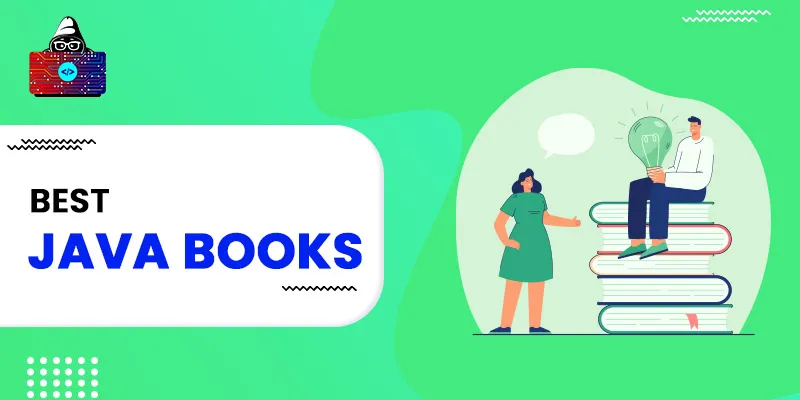

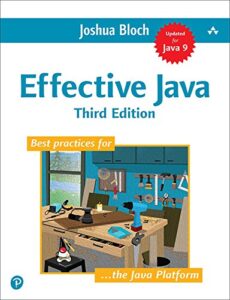
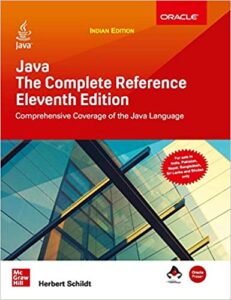
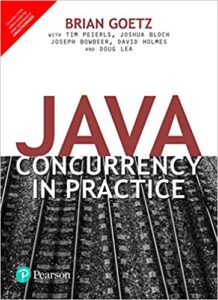
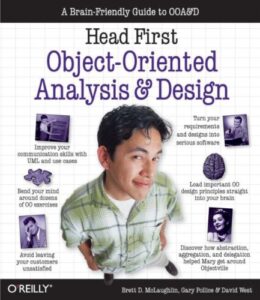
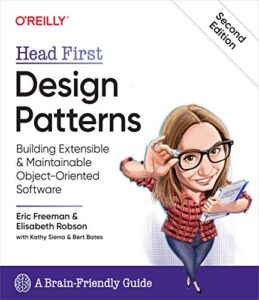
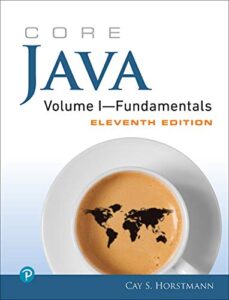
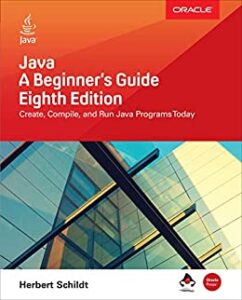
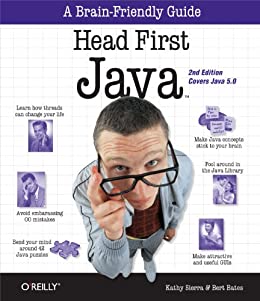
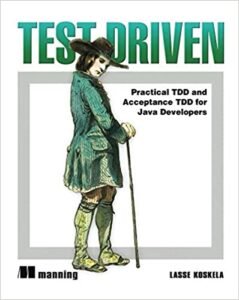
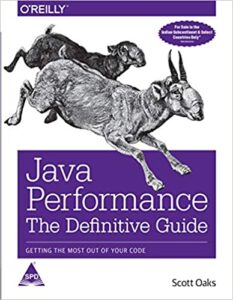
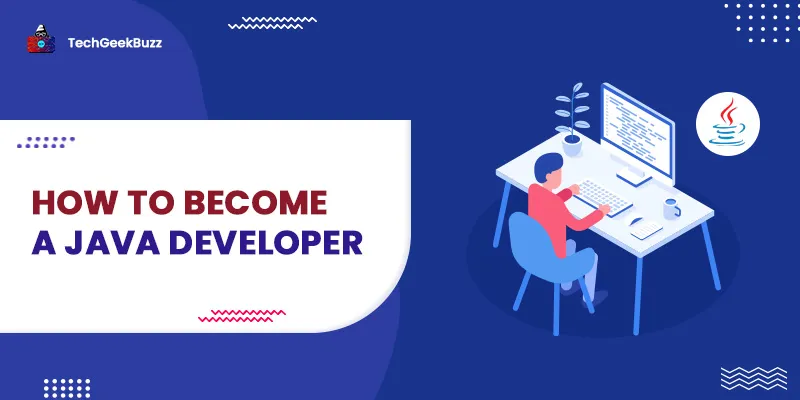
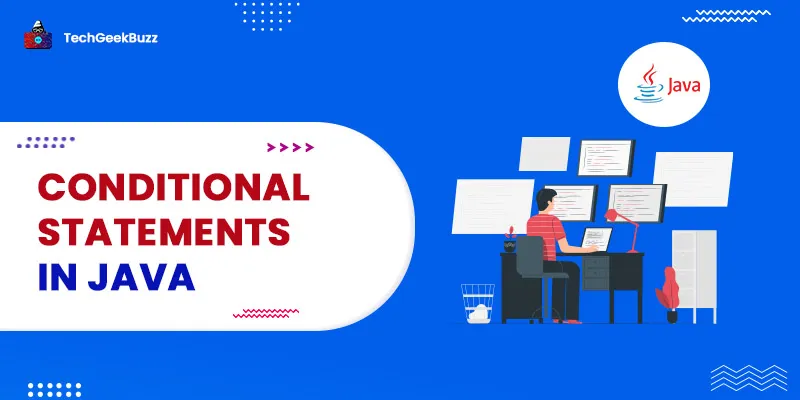
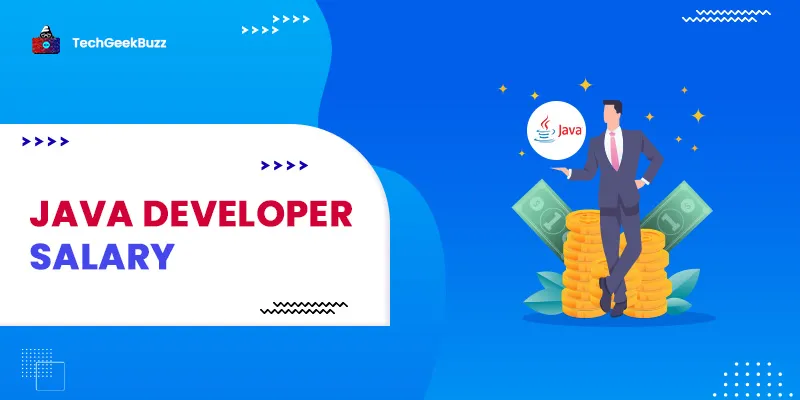
Leave a Comment on this Post